Podcast: Play in new window | Download | Embed
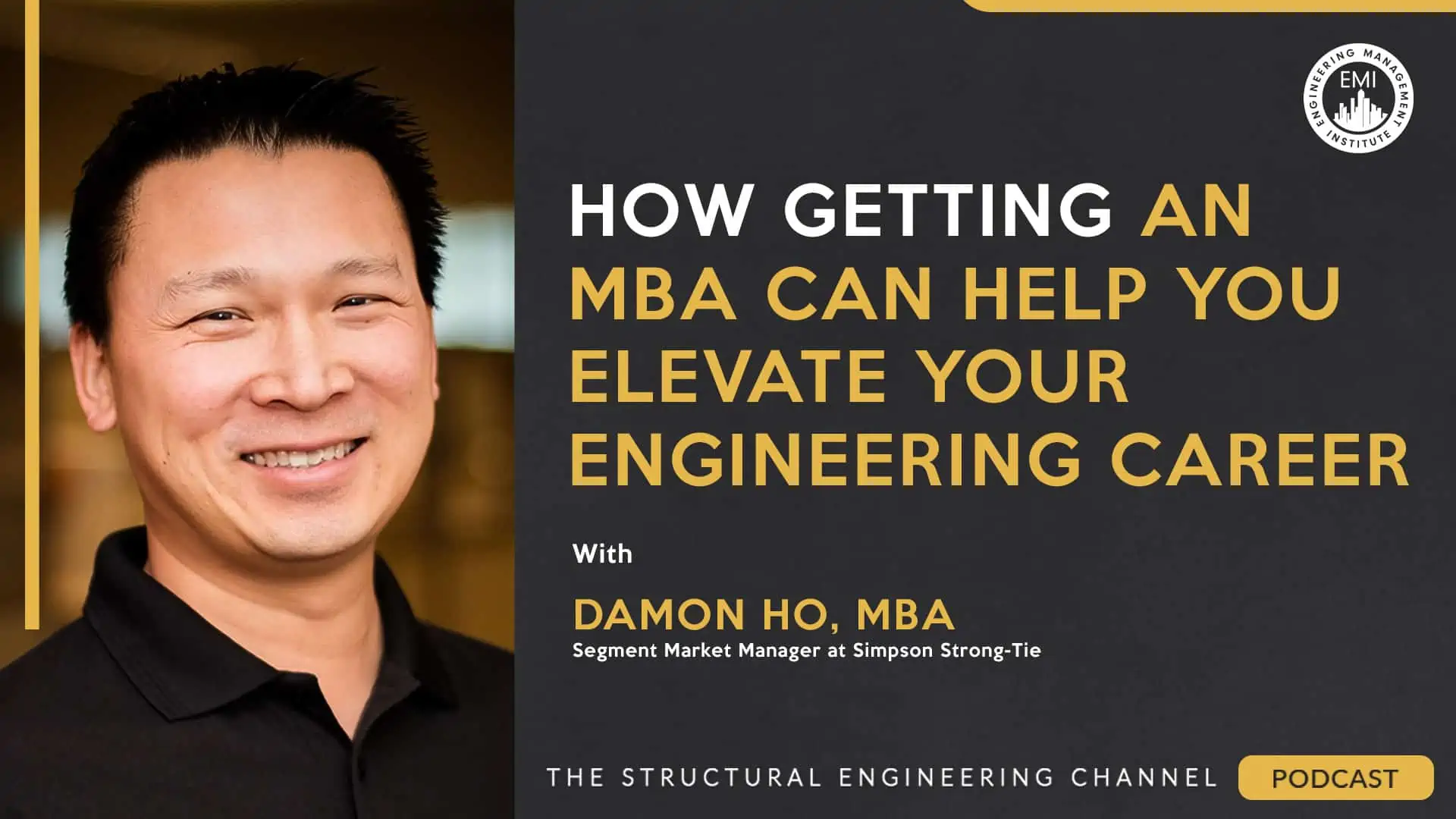
Engineering Quotes:
Here Are Some of the Questions We Ask Damon:
- Why did you decide to pursue a career in engineering and how did you identify and find your niche in the industry?
- What made you decide to go for an MBA and how has it helped you in your engineering career?
- What are some of the benefits of getting an MBA after you graduate as an engineer?
- How do you know which engineering discipline is right for you and what career can engineers with an MBA pursue?
- Why do you think saying yes to opportunities in your career is important?
- Why is it important for engineers to have a mentor or a role model in their careers?
- Do you have any career advice for structural engineers?
Here Are Some of the Key Points Discussed About How Getting an MBA Can Help You Elevate Your Engineering Career:
- If you find that you are good at drawing and understanding technical drawings in school, maybe engineering could be a career direction you could follow. Consider working toward getting your MBA if you find that you are interested in the business side of engineering and if it is convenient for you to pursue it at the time.
- Getting an MBA will provide you with new skill sets, like being able to interact with people outside of engineering. It will help you to realize how big the opportunities are that are available across the world. The marketing and organizational behavior concepts have a technical merit behind them that works well with technical-minded engineers. It is a new language that you can apply to your engineering skill sets and concepts. It is easier for engineers to fit into an MBA program than it is for someone with a business background to start an engineering program. Remember that a degree is just a piece of paper on the wall until you do something with it.
- The interaction in MBA classes is like engineering, but you will interact with people with vastly different business backgrounds. Interacting with these diverse people is what provides the value to getting an MBA. Hearing the many different points of view from many diverse people, and not only the black and white from engineering, helps you to have a much broader perspective on things.
- It can take time for younger engineers to figure out what their likes and dislikes are in their careers, but it is OK if you do not know. You still have time to figure it out. If you are not happy where you are now, have a positive mindset and take it as a building block for something better for you later in your career. These building blocks are the stepping stones to your happiness. Knowing what you do not like is just as important as knowing what you do like. Sometimes you must have uncomfortable conversations with your manager about your likes and dislikes and if there is a way that you can be better accommodated. Remember that feeding your negativity will never be productive for yourself and others around you.
- There are always uncomfortable unknowns and challenges in new opportunities. Embracing them is when you get to learn the most. Don’t be afraid to step into the limelight and contribute to solving challenging situations. New opportunities will present themselves to you from your contributions. Always remember that if your team members find something wrong with a solution you present, it is because your team is trying to find the best solution for the problem at hand, and are not trying to break you down.
- Having good mentors throughout your career is important because they are standing on their many building blocks that give them a wider perspective than you have. Mentors provide guidance based on their vast perspective that you cannot see yet. Observe your mentors and take mental notes on how they lead a team and work across various departments.
- Having a positive attitude goes a long way. It is understanding that there are opportunities around the corner. Having this mindset will help you throughout your entire engineering career.
More Details in This Episode…
About the Guest: Damon Ho, MBA
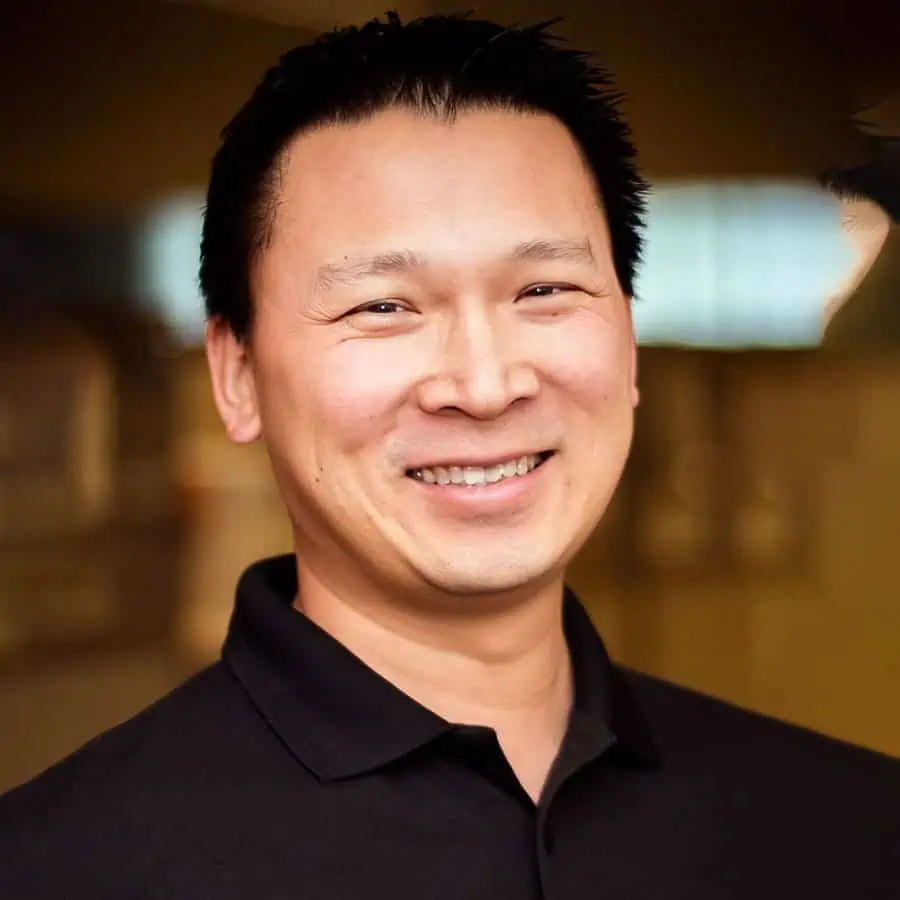
About the Hosts
Mathew Picardal, P.E., SE
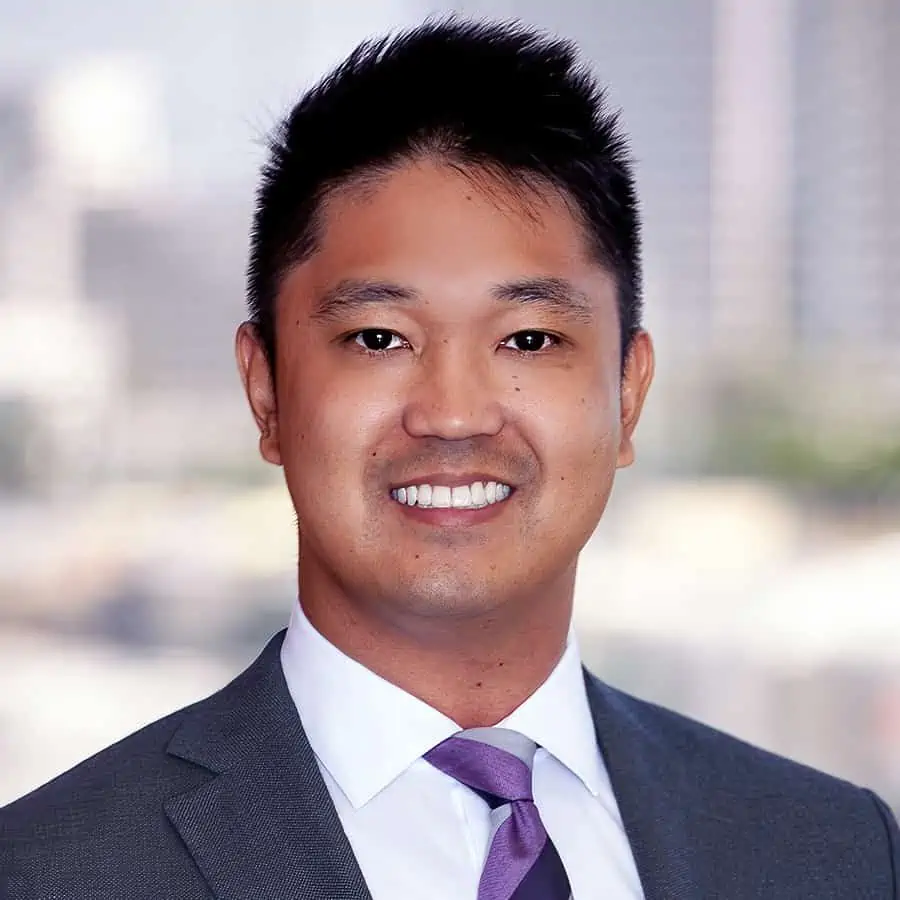
Rachel Holland, P.E.
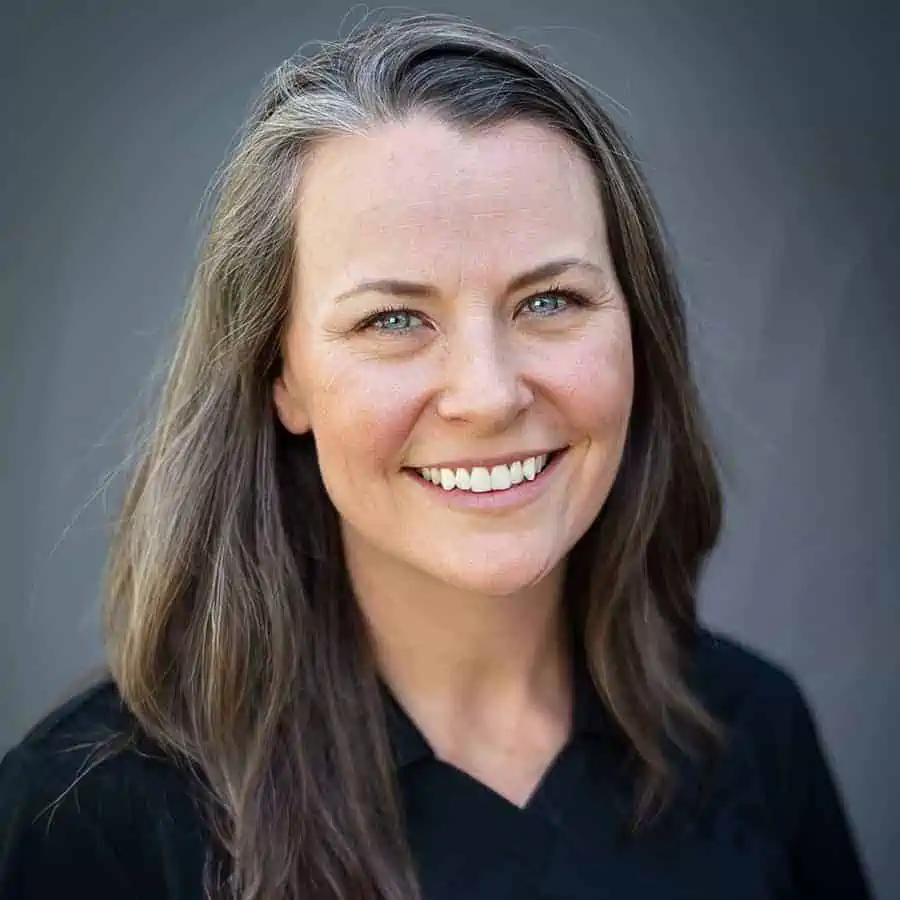
Sources/References:
Simpson Strong-Tie
Connect with Damon Ho, MBA, on LinkedIn
This Episode Is Brought to You by PPI
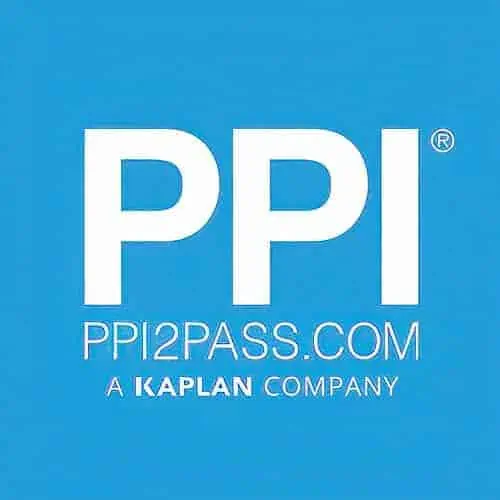
Please leave your comments or questions in the section below on how getting an MBA has helped you to grow your career.
To your success,
Mathew Picardal, P.E., SE, and Rachel Holland, P.E.
Hosts of The Structural Engineering Podcast






